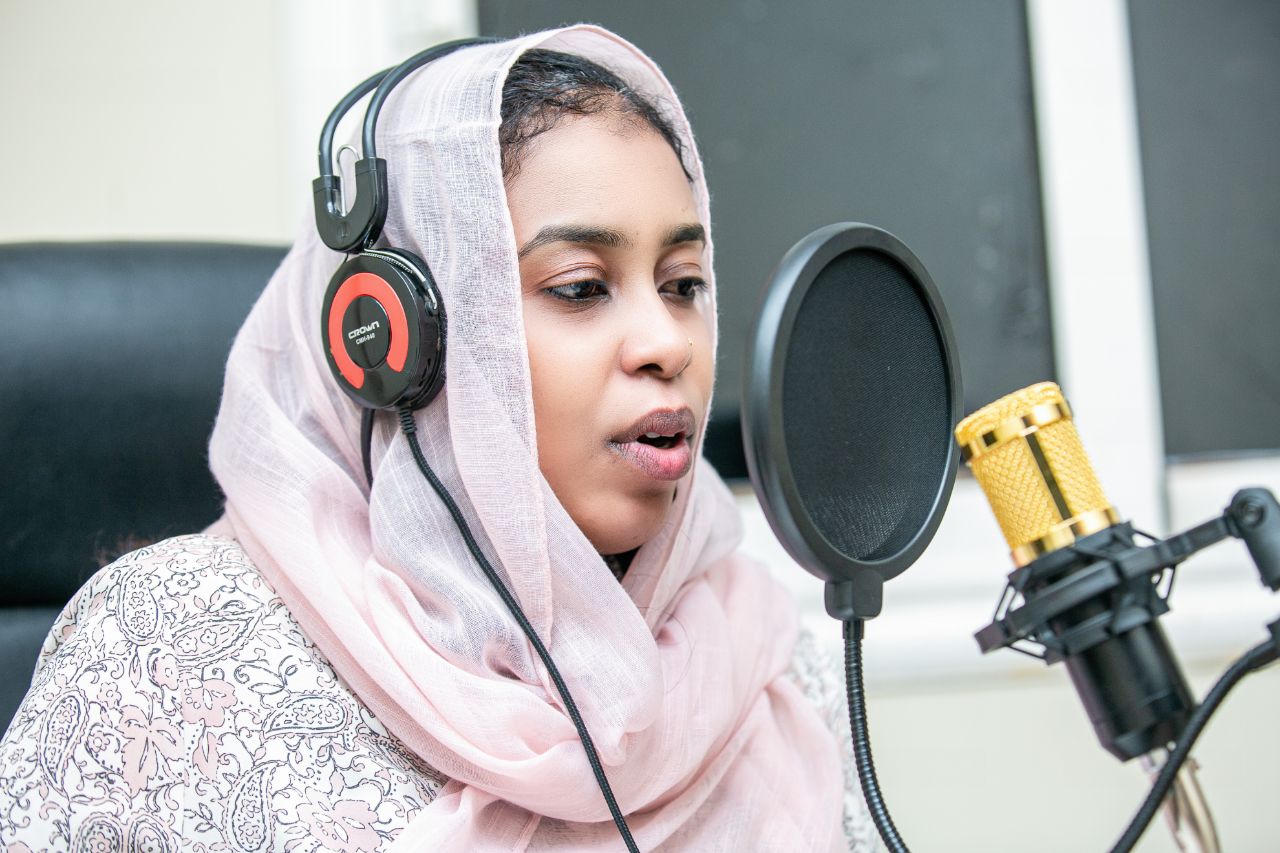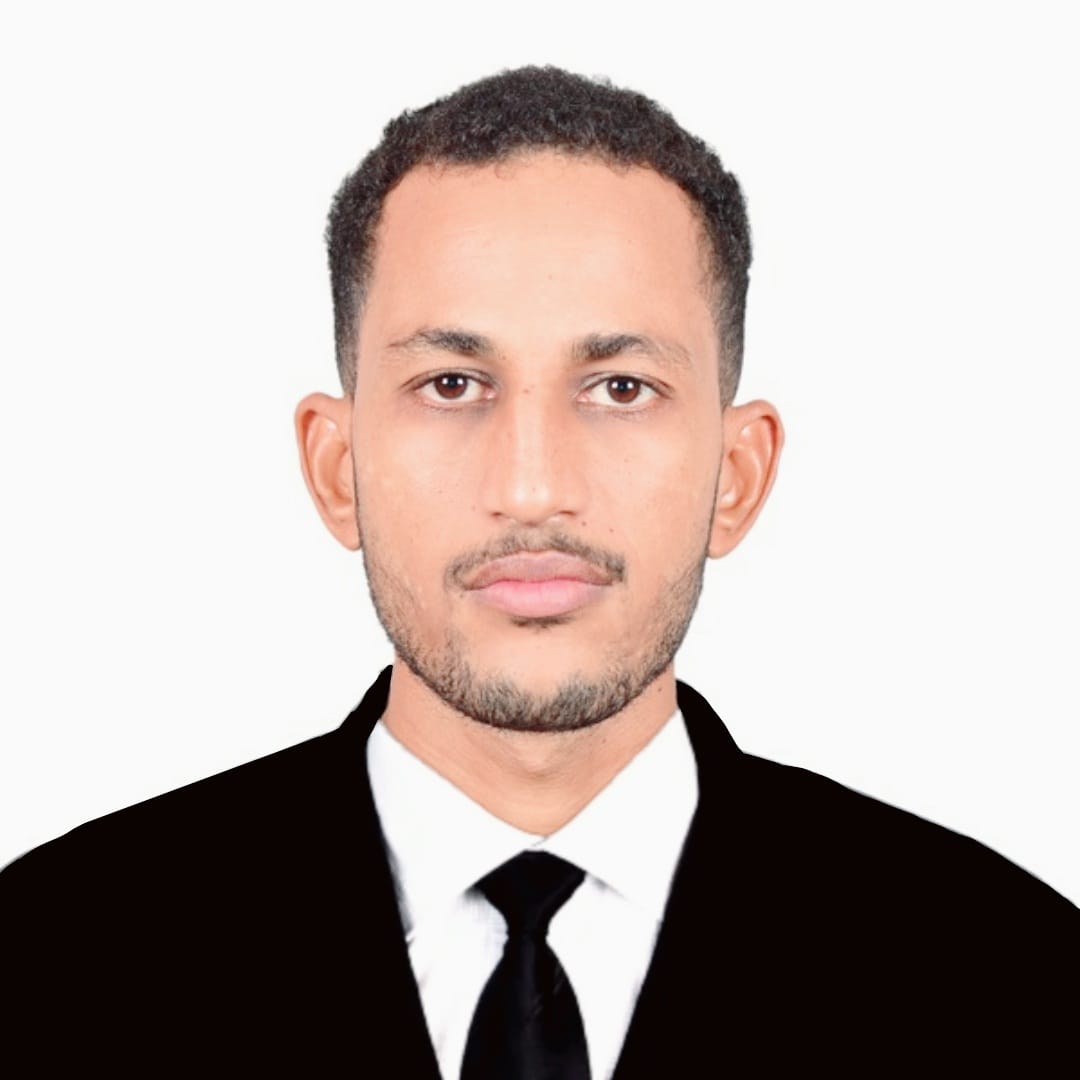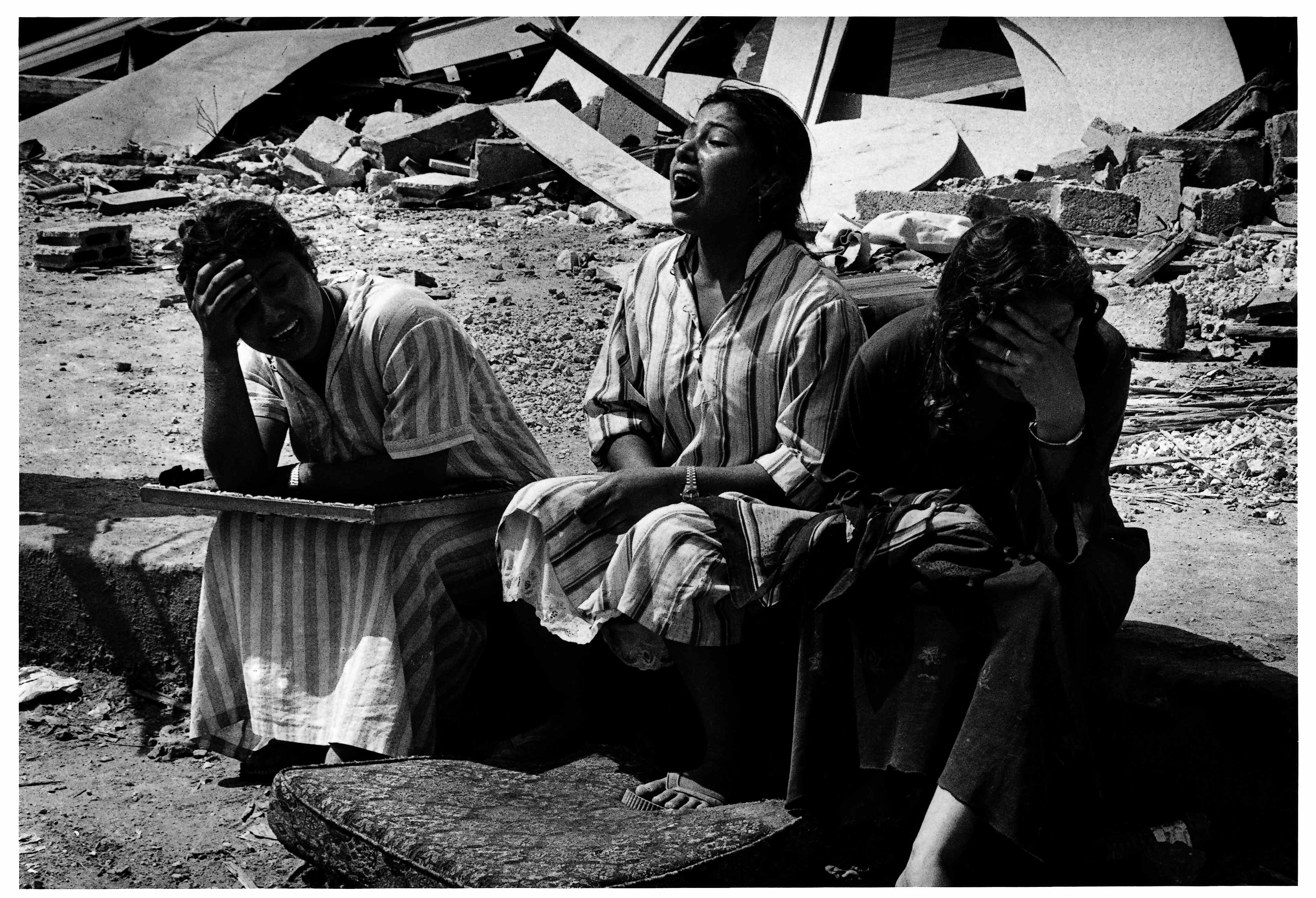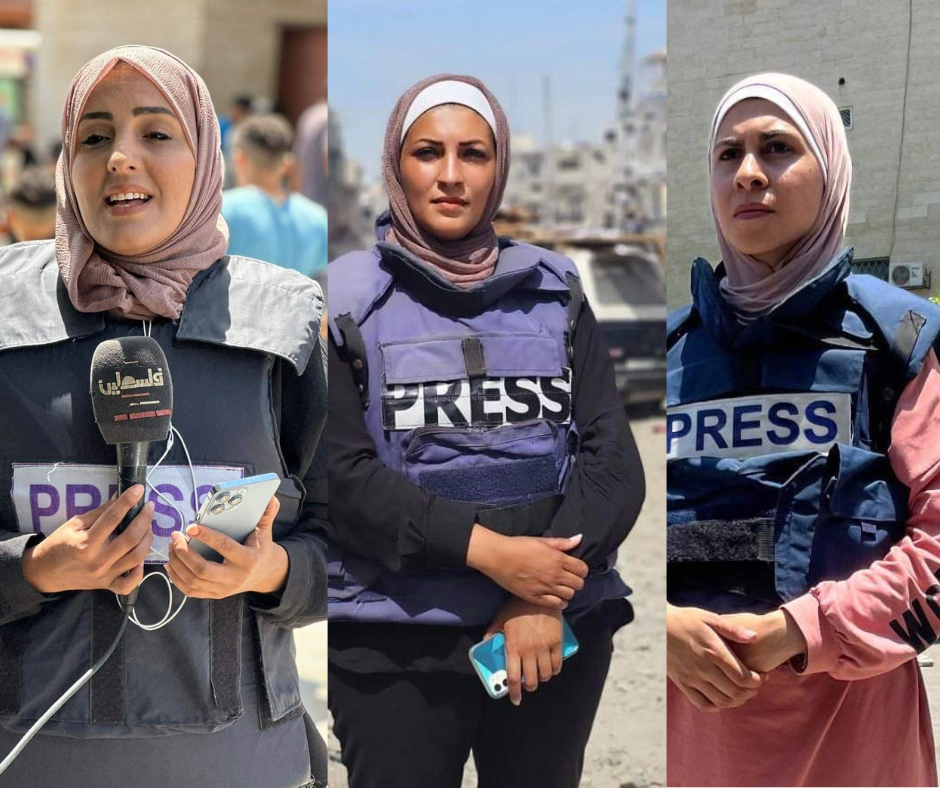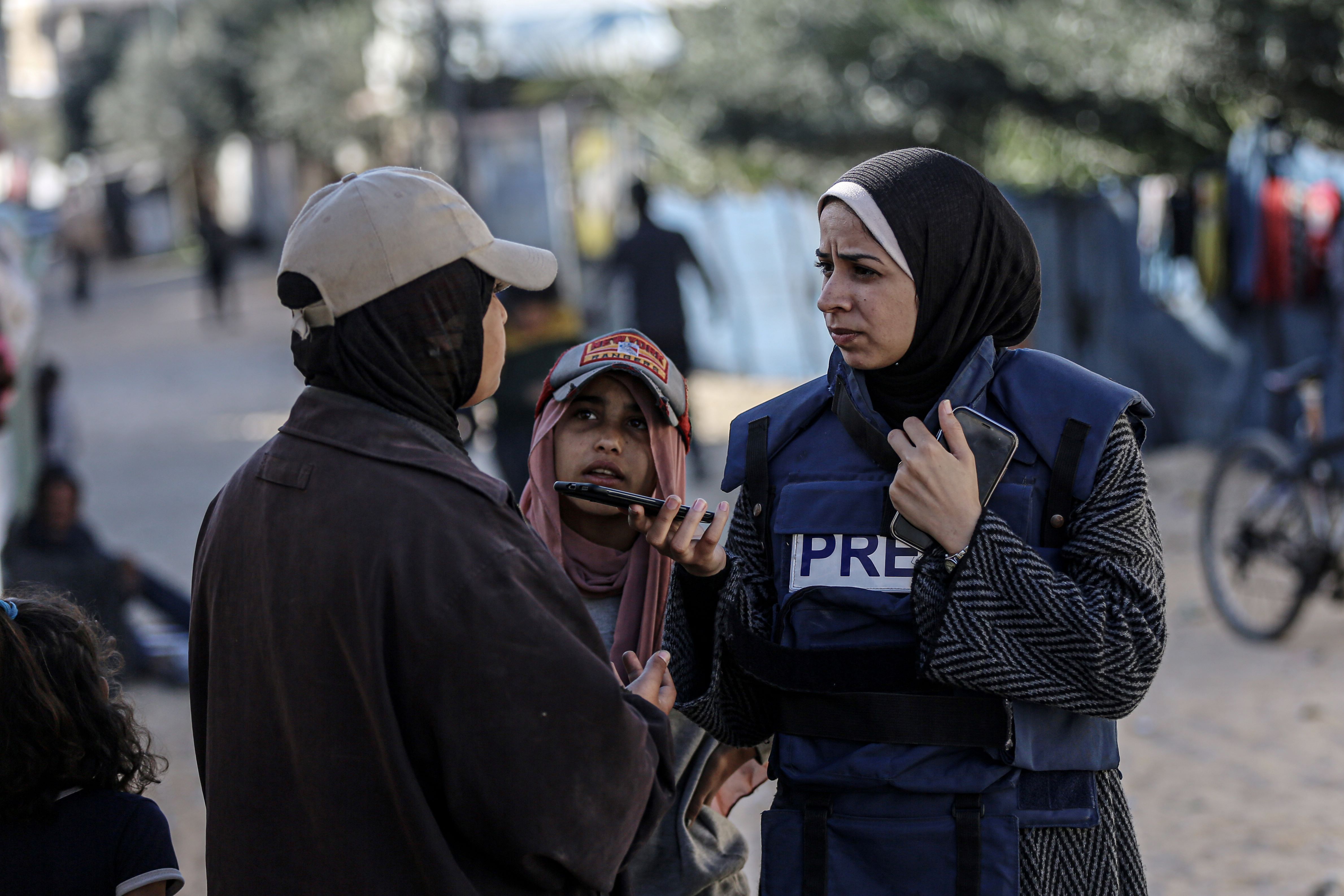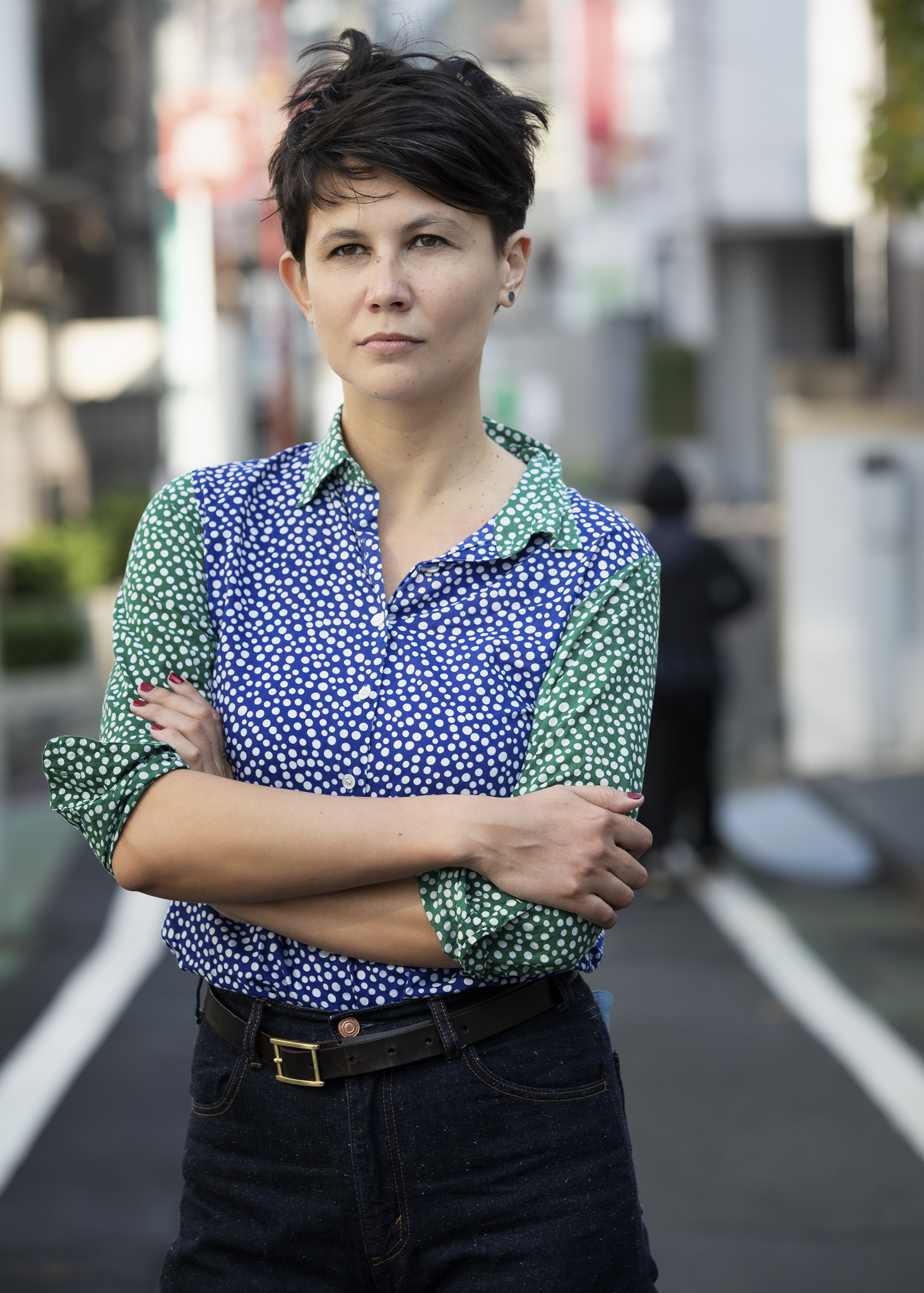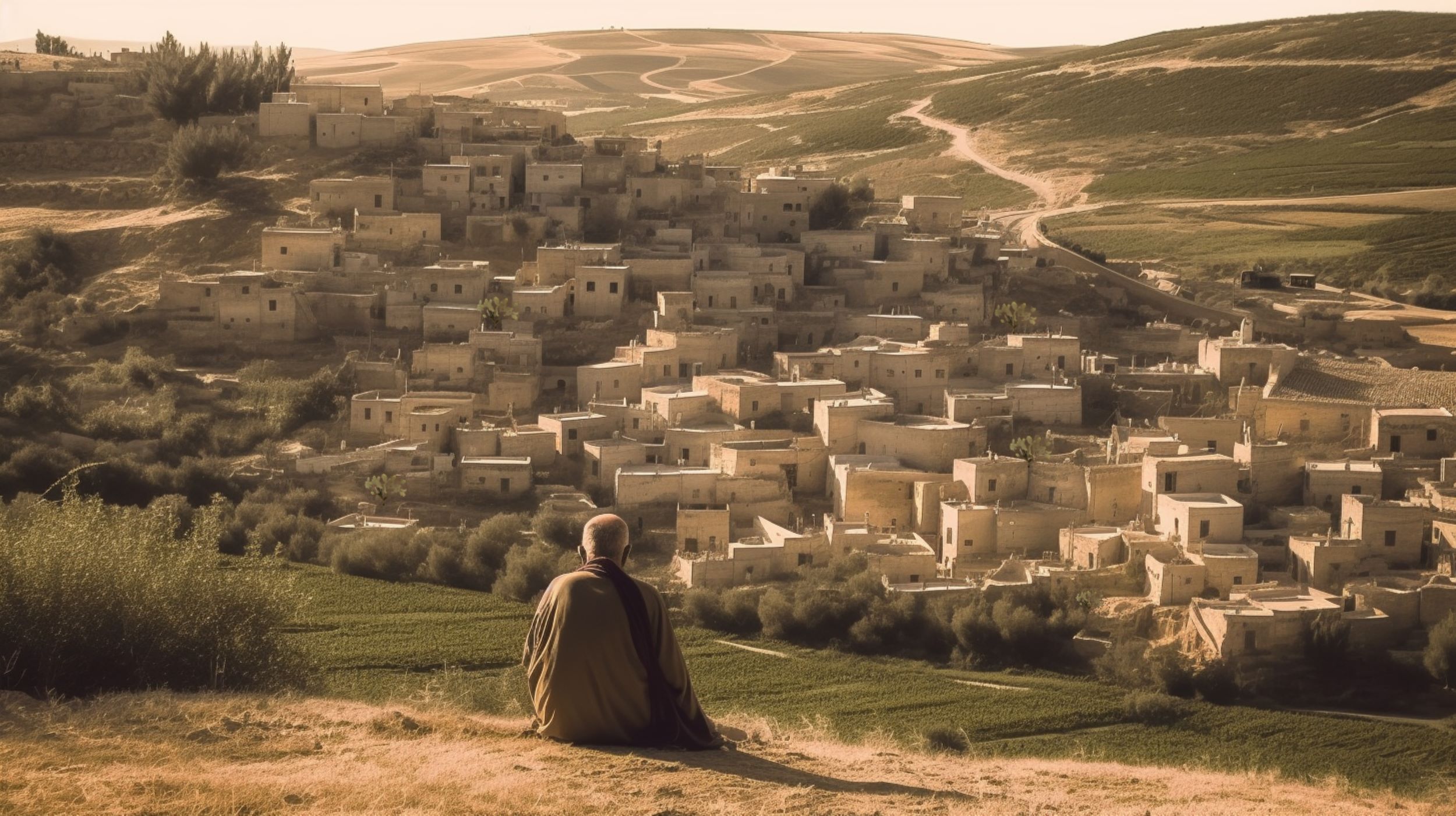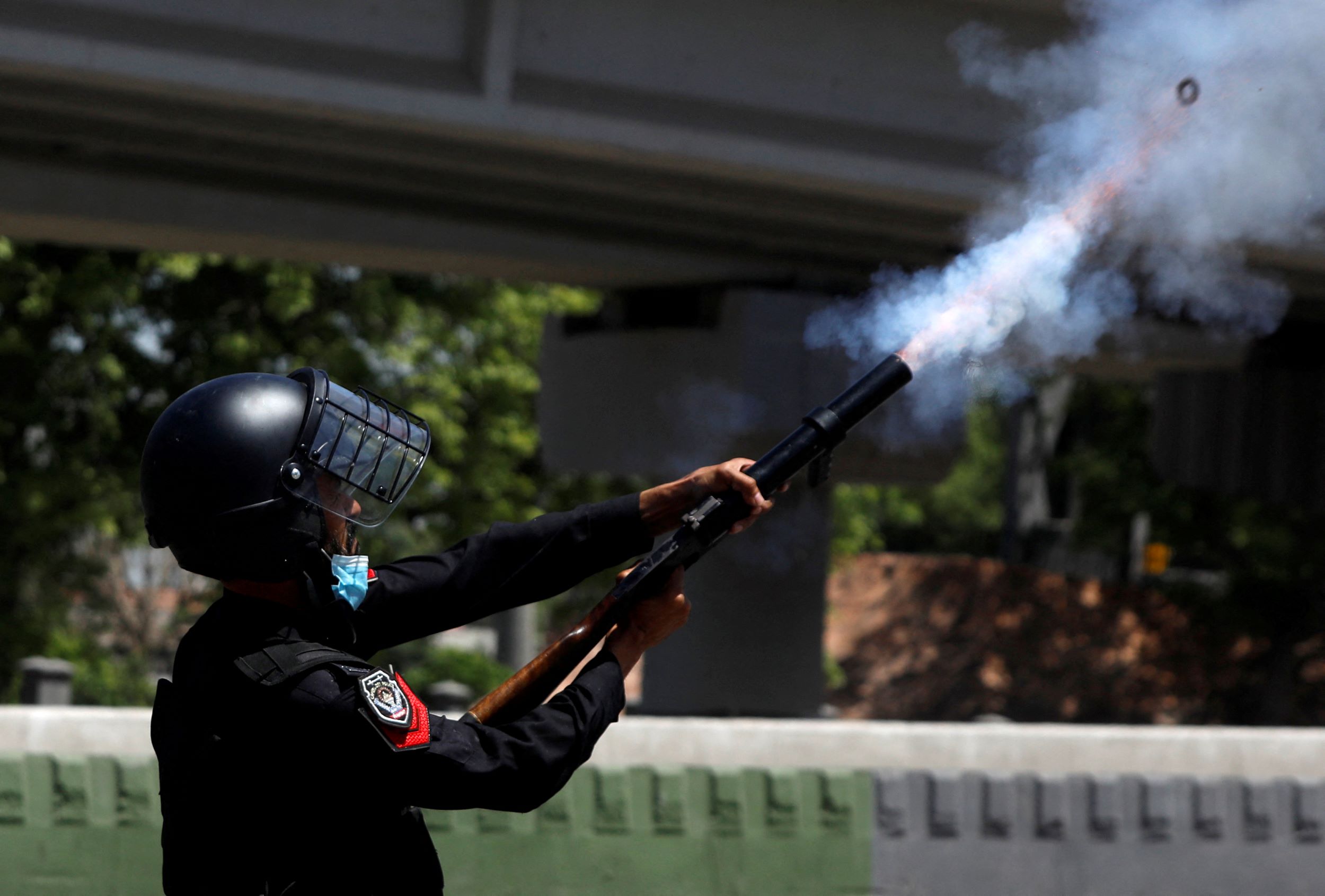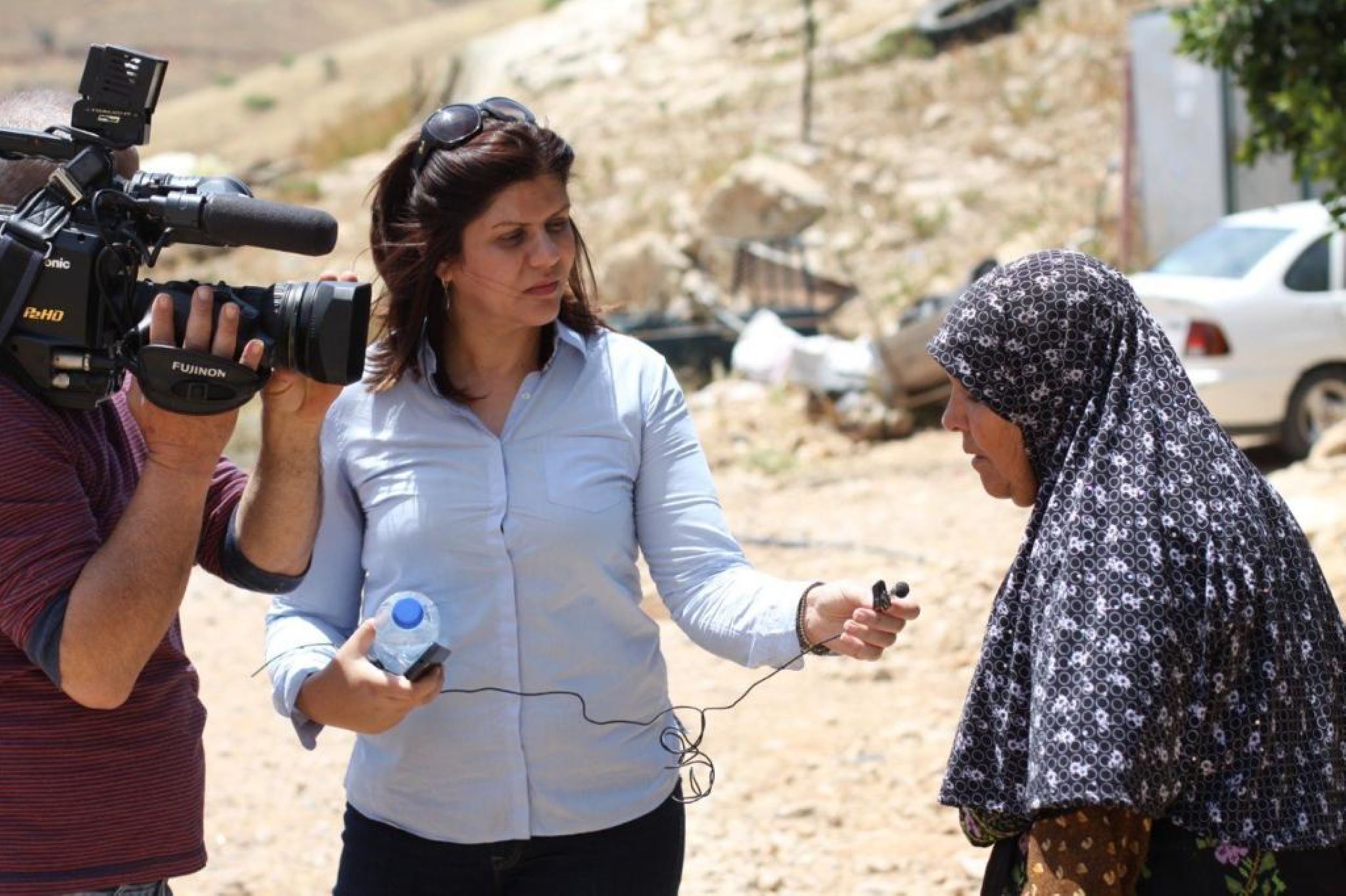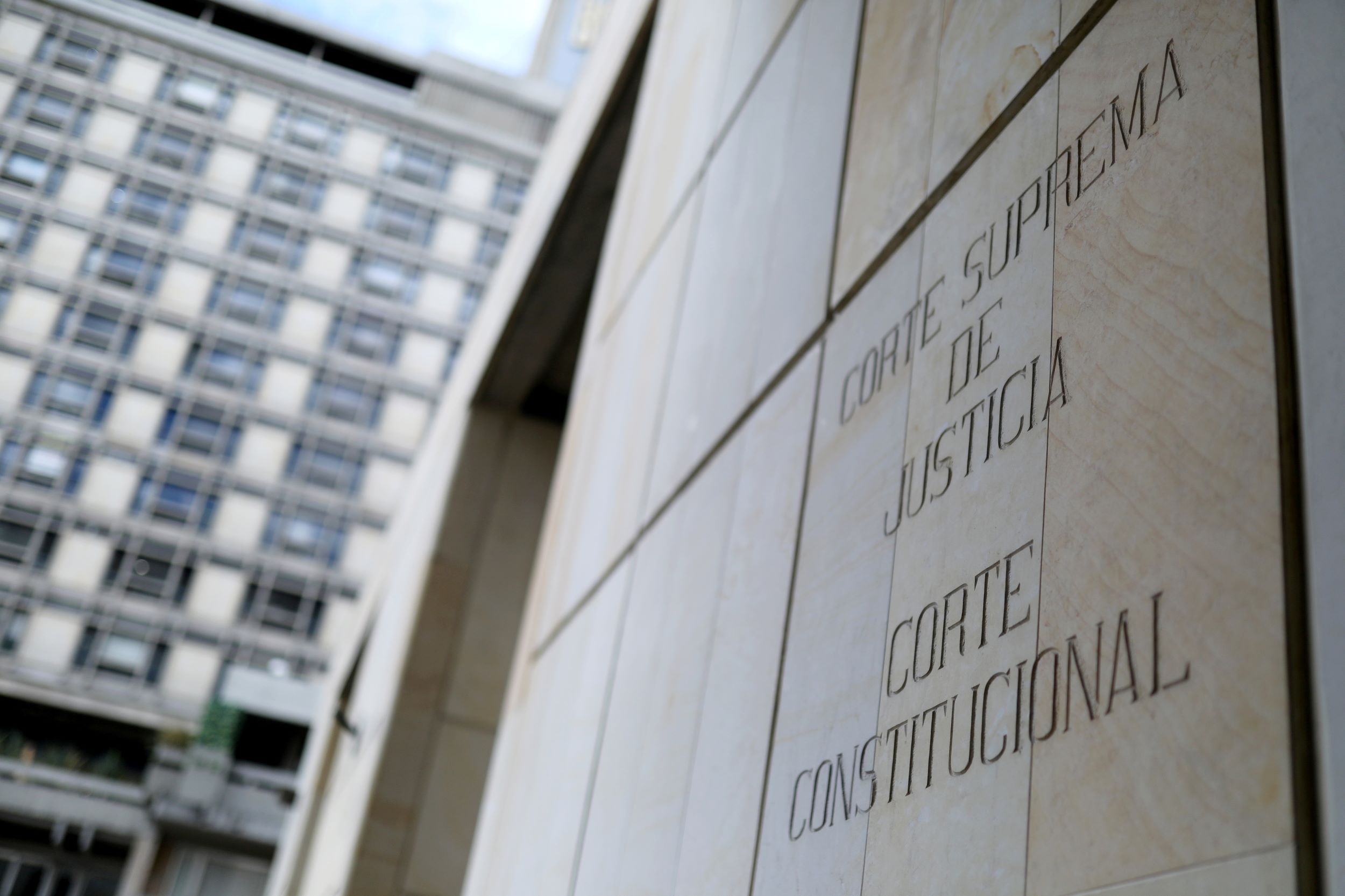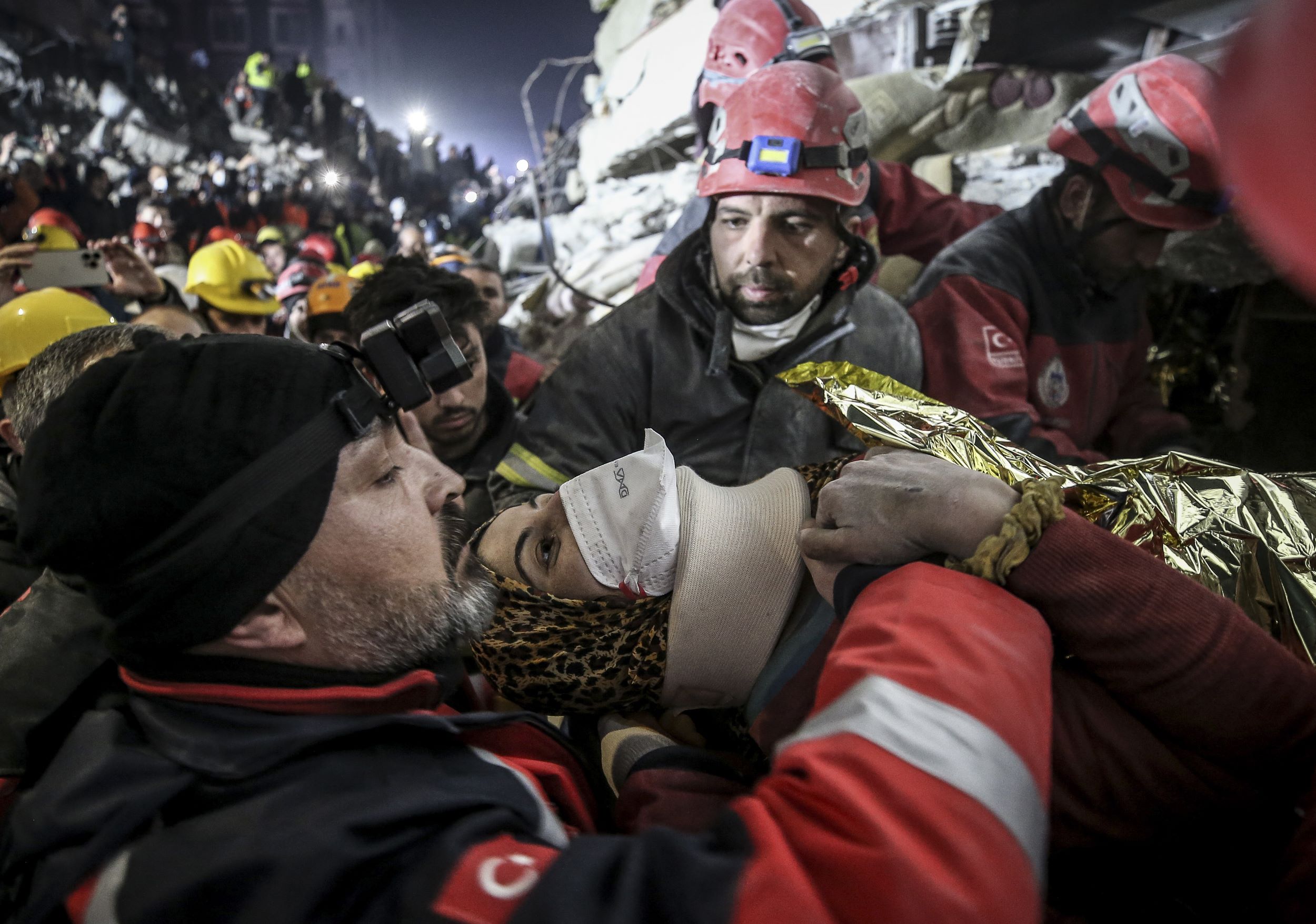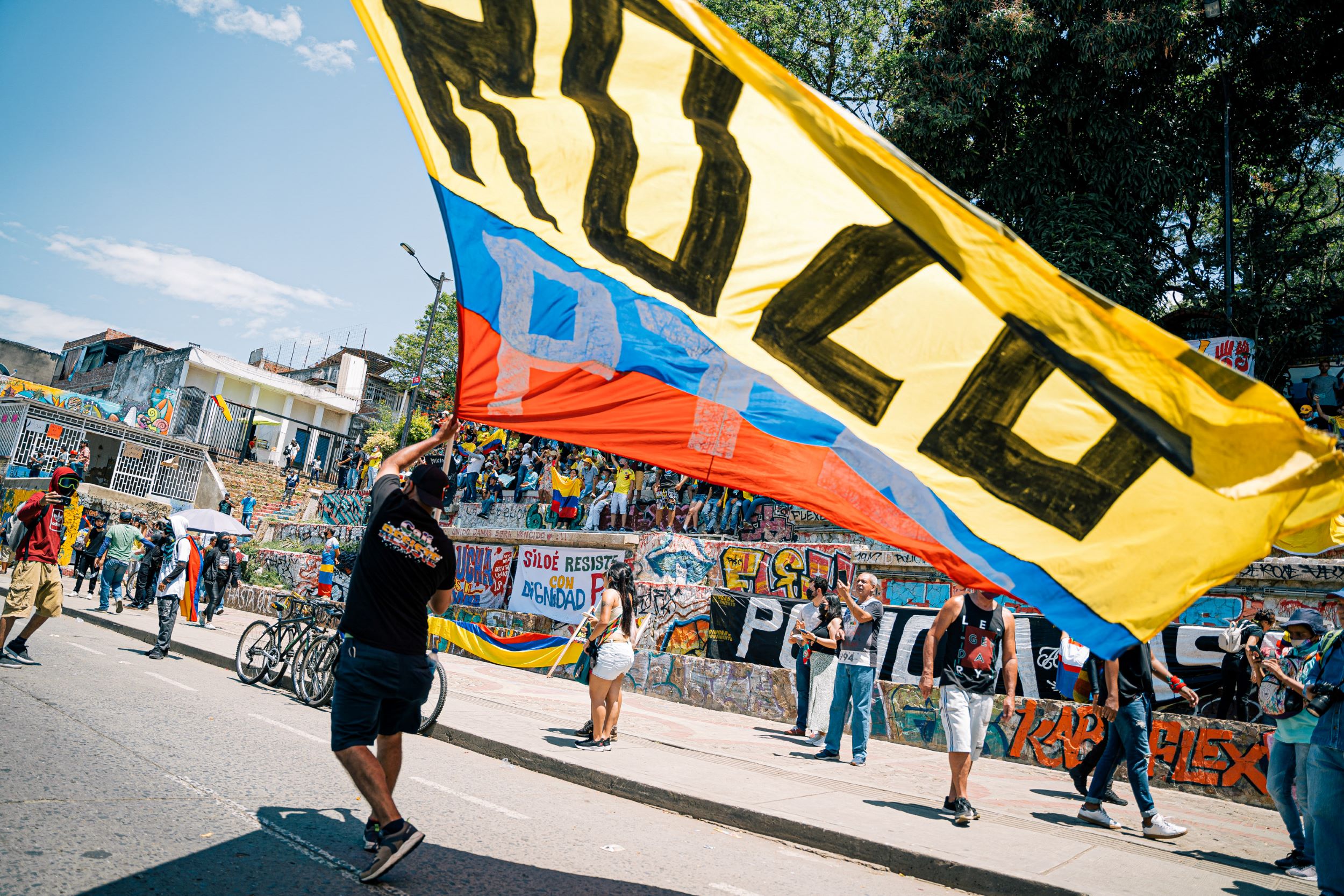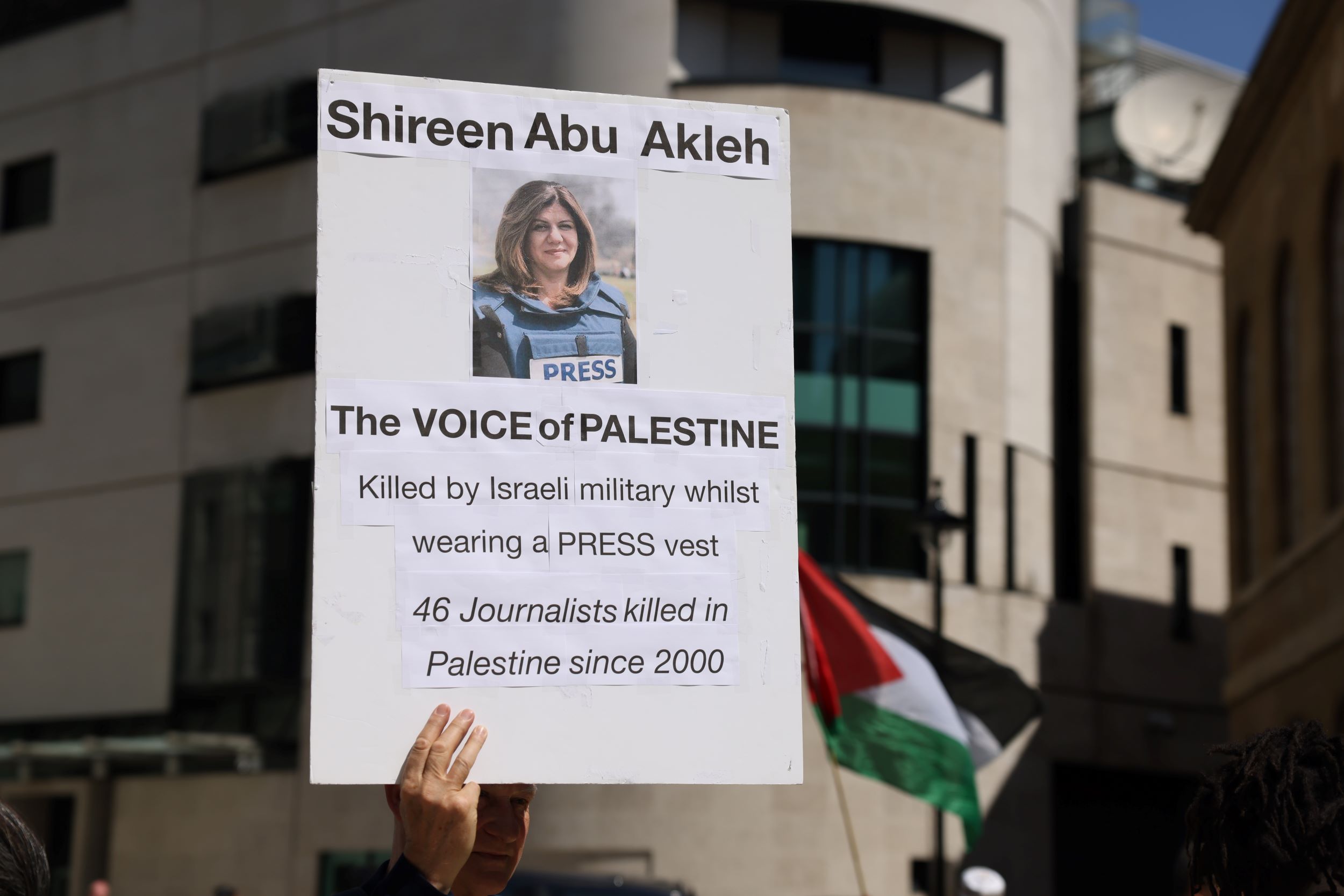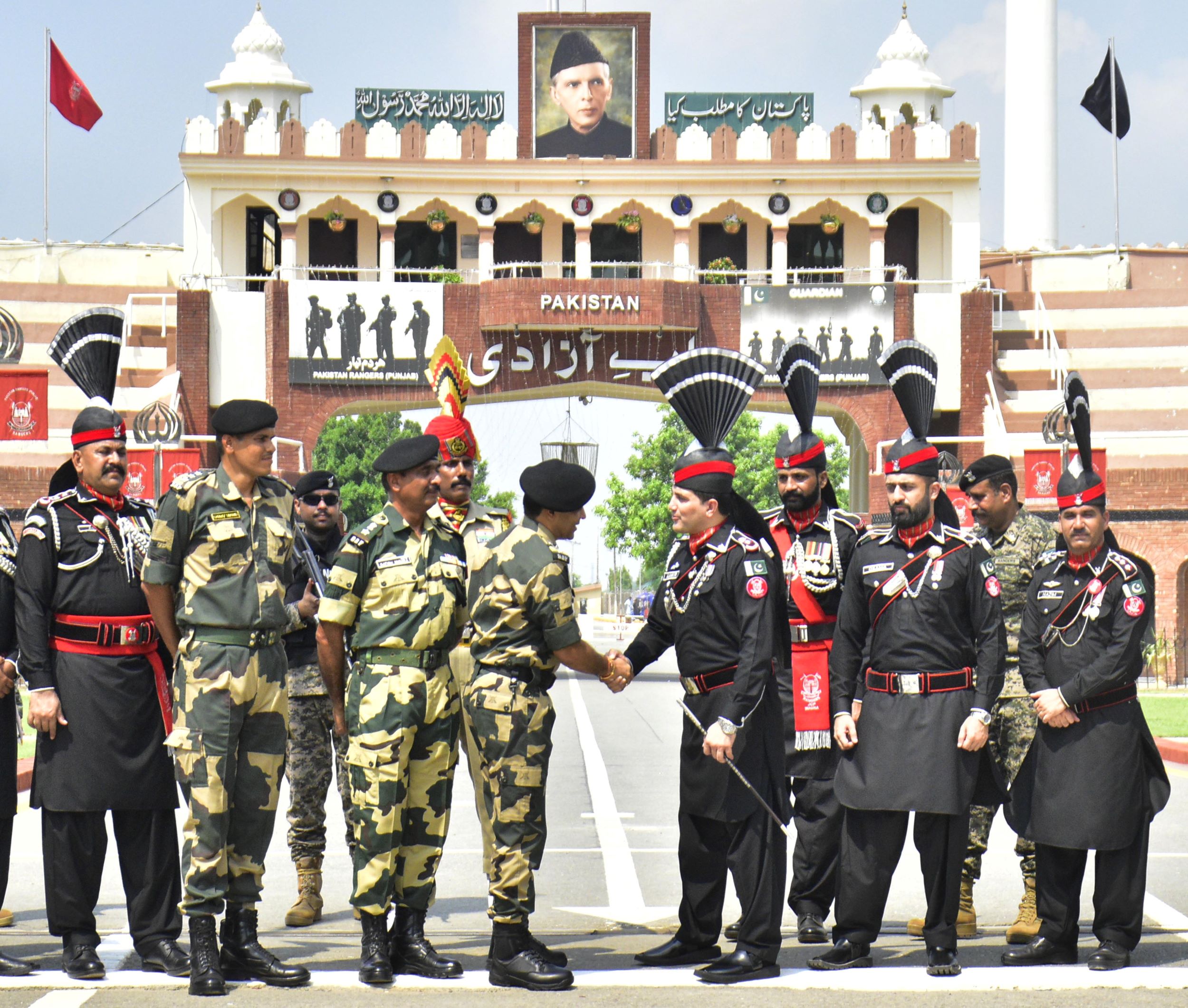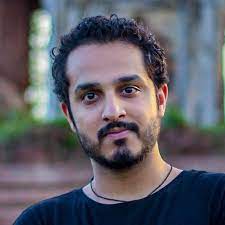"لا مسؤولية بغير حرية، ولا حرية بغير تفكير"، هي واحدة من التعبيرات القوية للزعيم الوطني المغربي علال الفاسي التي استشهد بها مُؤلّف جديد في مجال الصحافة والإعلام ضمن سلسلة من الشهادات والآراء حول قضايا الإعلام بالمغرب، يتعلق الأمر بكتاب "حفريات صحفية من المجلة الحائطية إلى حائط فيسبوك" لصاحبه جمال المحافظ (كاتب وصحفي مغربي).
رغم أن عنوان الكتاب يحيل على نقطة انطلاق متمثلة في المجلة الحائطية، وأخرى للوصول متمثلة في فيسبوك كواحد من شبكات التواصل الاجتماعي، إلا أنه يمر عبر محطات من تاريخ الصحافة والإعلام بالمغرب ارتباطا بما أفرزه مسار الممارسة الصحفية والإعلامية في تعاملها مع أسئلة الحاضر ومتطلبات ورهانات المستقبل على ضوء تحديات الثورة الرقمية.
بين يدي الكتاب
يتكون المؤلَّف من حوالي 400 صفحة، يثير الانتباه لأهمية الإعلام والاتصال في العالم المعاصر، مع استعادة أبرز المحطات الصحفية وتحليلها رغبة في الاستفادة من دروسها، وملاءمتها مع أسئلة الحاضر.
ويتضمن الكتاب ما يناهز 100 نص وموضوع، فنقرأ مثلا باباً في الأخبار الزائفة قبل الزمن الرقمي، التلفزيون في زمن كورونا والمدخل لإعلام الحقيقة، والصحافة الورقية، موت غير معلن، والإعلام وتحدي البيئة والتنمية المستدامة، والصحافة في قفص الاتهام واليوم العالمي لحرية الصحافة. كما يضم المؤلف عناوين أخرى منها الإعلام والأزمات أفقا للتفكير، وصحفي أم مناضل؟ سؤال الاستقلالية والنزاهة، وما معنى أن تكون صحفيا اليوم وموت الأيديولوجيا وانبعاث ثقافة الفاست فود، وحركة المقاطعة، وحراك الريف والحاجة إلى إعلام الحقيقة.
يفيد مؤلف الكتاب، في حديث لمجلة الصحافة، أن الإشكالية الرئيسية، التي يحاول مقاربتها الإصدار الجديد، تتمثل في البرهنة على التفاعل القائم ما بين الحقل الصحفي والإعلامي والفضاء السياسي والاجتماعي والثقافي، لأن وسائل الإعلام ليست مجرد ناقل محايد، بل يؤثر ويتأثر بالسياقات والأحداث المهمة.
ويقول جمال المحافظ في توطئة الكتاب: "لا يمكن فهم الصحافة فهماً شمولياً دون الإحاطة بأنظمة ومؤسسات المجتمع لأن وسائل الإعلام هي جزء من البناء الاجتماعي، وتطورها يُعدّ نتيجة حتمية للتحولات السياسية والاجتماعية والثقافية والاقتصادية الجارية في أي بلد من البلدان".
ودوّن مراد القادري، رئيس بيت الشعر بالمغرب، على ظهر الكتاب "الكتاب يقف بصفة عامة على حُدودِ التمـاس بين الإعلام والمجتمع في تمظهراتِه السياسيّة والاجتماعية والثقافية والتربوية، وهو ما يتيحُ له مُزاوجة النّظر في التأثيرات المتبادلة بينهُما ورصد التفاعلات التي يُحدثُها كل طرفٍ في الآخر".
عمق تاريخي
يحيل الكتاب على عمق تاريخي توثيقي في تقابل مع أحداث جارية ووقائع حالية، مع شهادات وتعليقات أصلية من كتاب وشخصيات وطنية من أمثال علال الفاسي، عبد الرحمن اليوسفي، العلمي المشيشي، الحجوي وغيرهم.
لفتت خديجة المروازي (حقوقية وأستاذة الإعلام بجامعة ابن طفيل بالقنيطرة)، خلال ندوة تقديمية للمؤلف، انتباه لوثيقة من ضمن ما جاء في الكتاب ويتعلق الأمر بوثيقة تاريخية تعود لمحمد بن الحسن الحجوي (1874-1956) وهو أحد رواد الفكر الإصلاحي الذي دون بداية القرن الماضي مخطوطا بعنوان "واجب الصحافة" تحدث فيه عن واجبات الصحافة وحقوقها. تقول المروازي "هذا السبق والوعي الاستباقي لِلحجْوي في وقت لم يعرف بعد تراكم الممارسة المهنية في مجال الصحافة ولا انبثاق الثقافة الحقوقية، وكيف تؤسس الوثيقة للحقوق والواجبات في مجال الصحافة، هو اختيار موفق يُحسب للكاتب".
وتعتبر الأستاذة في الإعلام أن وثيقة الحجوي ذات قيمة علمية وتاريخية يمكن للمشتغلين أن يعودوا لها كخلفية تؤسس لمن يشتغل على المهنية وأخلاقيات المهنة والحديث عن الحقوق في تماس مع الواجبات، مشيرة أن التكامل يمثل الحلقة المفقودة في الكثير من النقاشات الخاصة والعامة والعمومية التي يعرفها مجال الإعلام.
وفي تقديمه للكتاب، أكد إدريس اليزمي، رئيس مجلس الجالية المغربية بالخارج، أن جاذبية مضامين هذا الإصدار الجديد تكمن في العمق التاريخي الذي يطبعها. وكتب اليزمي، أن قراءة "حفريات صحفية من المجلة الحائطية إلى حائط فيسبوك" تتحول إلى رحلة في التاريخ، غنية بالوقائع الشيقة. قبل أن يستدرك قائلا "لكننا سنخطئ إذا اعتقدنا أن التاريخ هو البُعد المهيمن في هذا الكتاب، فهذه المقالات مسكونة أيضاً بهاجس آخر، يقارب الهوس، هو مصير المهنة؟ وكيف تمارَس اليوم في المغرب وفي منطقتنا وفي العالم؟ ما السياقات والظروف السياسية والتكنولوجية والاقتصادية والاجتماعية والأخلاقية التي يشتغل فيها الصحفيون؟ وماذا عن الاستقلالية والحياد وأخلاقيات المهنة؟ ماذا نستخلص من مبادرات النقاش المتعدد حول وسائل الإعلام؟ وماذا تبقّى من ميثاق الشرف حول أخلاقيات المهنة؟"
التواصل من المجلة الحائطية إلى الفايسبوك
كانت المجلات الحائطية لحد قريب نشاطا موازيا في المدارس ودور الشباب والمخيمات، وجد فيها كتاب وأدباء ناشئون ورسامون وموهوبون متنفسا لنشر إبداعاتهم واقتسامها مع الجمهور، على جدران إسمنتية ولوحات خشبية ملموسة، جعلت الجمهور محدودا محدودية المنصة الناشئة. وكانت المجلات الحائطية ناطقا لناشريها ومعبرة عن توجهات محررها في الجامعات مثلا وفي المخيمات، فهل كانت المجلة الحائطية أول منصة تواصل اجتماعي؟ هل هي نقطة العبور نحو الحائط الافتراضي؟ هل كانت تترجم حاجة الناشئة وأصحاب الفكر للبوح؟
جاء في الكتاب الذي بين أيدينا أن " المجلة الحائطية والفيسبوك تشتركان في خصائص متعددة منها كتابة كل منها على الحائط... ورغم اختلاف أزمنة نشأتهما ودعاماتهما فإنهما يتقاسمان خاصية الفعل التواصلي الذي لا يقوم على تبادل المعلومات فقط وإنما يقوم بفعل التأويل لما يحدث ويستطيع بذلك بلورة القواعد والآليات التي تسمح بالعيش الجماعي".
ويرى صاحب الكتاب أن المجلة الحائطية رغم محدوديتها كانت إحدى آليات التواصل والإخبار والتثقيف والترفيه في الزمن الورقي والكتابة بخط اليد، وكانت في زمانها فضاء مفتوحا للحوار والنقاش حول العديد من القضايا التي كانت تستأثر باهتمامات الفاعلين التربويين والثقافيين وجدالاتهم حول هموم الميدان التربوي والثقافي والفني والاجتماعي والبيئي وطنيا وجهويا ودوليا.
يقول ادريس اليزمي في تقديمه لمؤلف "حفريات صحفية من المجلة الحائطية إلى حائط فيسبوك": "لعل إحدى اللحظات الأكثر إمتاعا ومؤانسة في هذه القراءة ذلك المقال حول الفيسبوك وموضة الثمانينات المتمثلة في المجلات الحائطية بالمؤسسات التعليمية والمخيمات الصيفية ودور الشباب" ويضيف "هذا ليس هو الأمر الأساس بالنسبة للكاتب بل يتمثل في الهدف المتوخى وهو التواصل ليس بمعنى تبادل المعلومات فقط، ولكن وضعها في إطارها الاستشرافي وتأويلها والتمكن بالتالي من بلورة القواعد والإجراءات لحياة مشتركة".
مستقبل الصحفي والصحافة
رغم صعوبة تجنيس المقالات الواردة في الكتاب كلاً على حدة - إذ تمثل مزيجا من الرأي والتحليل والشهادة التاريخية وتوثيق أراء الفاعلين في مجال الإعلام ورصد للتقابل بين إشكالات طرحت عصر الرقمية وأخرى قبلها - غير أنها يفتح السؤال عامة حول إشكالية الدينامية الجديدة في وسائل الإعلام وظهور أجيال إعلامية جديدة، والتحديات حول العمل المهني ومستقبل الصحافة، لافتا إلى أن الصحافة الحرة والديمقراطية لازالت تعد ضرورة مجتمعية على الرغم من تحولات الزمن الرقمي، وأن القيمة المركزية للصحفي ترتبط أساسا بحقل الممارسة الإعلامية علي الرغم من التطور التكنولوجي المذهل والتعقيد الهائل في عملية إنتاج المادة الصحفية فإن العنصر البشري يظل مع ذلك العامل الأكثر أهمية في العمل الإعلامي.
تقول خديجة المروازي "يفترض في الإعلام أن يكون معبأ بالأسئلة الجديدة وهو ما يجعله في قلب الوظيفة المركبة من إخبار وتحليل وتقصي وتحقيق والتي تشكل جميعها منطلقا لليقظة، العنوان الأبرز في وظائف الإعلام والصحافة وهو ما يفترض استقراء مختلف المواد والمساهمات المتضمنة بهذا الكتاب من زاوية هل لدينا صحافة مرافقة لما يجري. ودعت الأستاذة الباحثين والمشتغلين في مجال الصحافة والاعلام لمزيد من تعميق الاشتغال حول سؤال الإعلام والنقاش العمومي، مشيرة إلى أن الإشكالات مرتبطة بتعزيز مسار الديموقراطية ومرتبطة بفهم الحرية والمهنية وأخلاق المهنة.
يخلص جمال المحافظ في كتابه "وإن كانت الصحافة مرتبطة بحقول أخرى حقوقية وقانونية وسياسية وأخلاقية فإن ممارسة مهنة الصحافة بقيت تعبيرا حقيقياً عن مدى قوة وهشاشة فضاء الحرية التي تعد الرئة التي تتنفس بها مهنة المتاعب في أي بلد من البلدان مهما كان مستوى تطوره".







